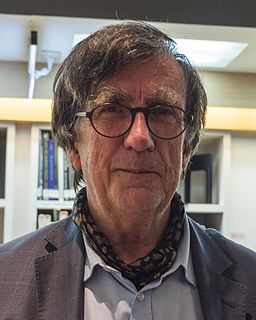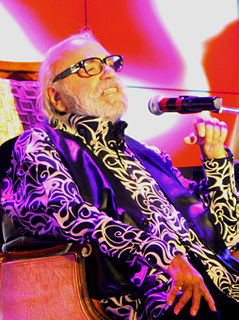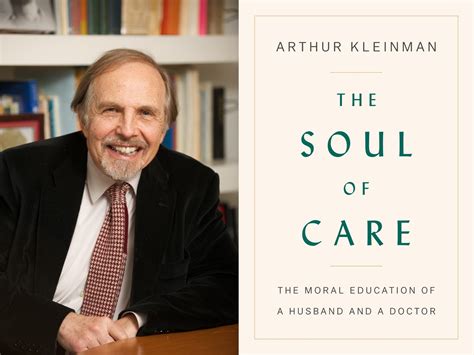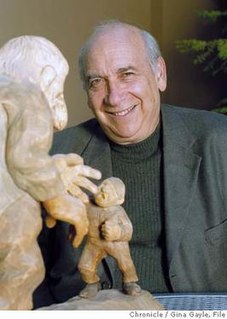A Quote by Jane Yolen
Folklore is the perfect second skin. From under its hide, we can see all the shimmering, shadowy uncertainties of the world.
Related Quotes
I am not perfect." It came out in a rush of breath. "See I thought I was. Thank God I ain't. See a perfect thing ain't got a chance. The world kills it, everything perfect. (Listen to him!) Now see a thing that ain't perfect, it grows like a weed. Yeah, like a weed! A thing that ain't perfect gets hand clapping, smiles, takes the wire an easy winner. But the world ain't set up right if you perfect. You lible to run right into a brick wall. Looks like suicide. All the weeds say, looka there, it suicide!
Common sense is not something rigid and stationary, but is in continuous transformation, becoming enriched with scientific notions and philosophical opinions that have entered into common circulation. 'Common sense' is the folklore of philosophy and always stands midway between folklore proper (folklore as it is normally understood) and the philosophy, science, and economics of the scientists. Common sense creates the folklore of the future, a relatively rigidified phase of popular knowledge in a given time and place.
We tend to think of dangers and uncertainties as anomalies in the continuum of life, or irruptions of unpredictable forces into a largely predictable world. I suggest the contrary: that dangers and uncertainties are an inescapable dimension of life. In fact, as we shall come to understand, they make life matter. They define what it means to be human.
When you feel perpetually unmotivated, you start questioning your existence in an unhealthy way; everything becomes a pseudo intellectual question you have no interest in responding whatsoever. This whole process becomes your very skin and it does not merely affect you; it actually defines you. So, you see yourself as a shadowy figure unworthy of developing interest, unworthy of wondering about the world - profoundly unworthy in every sense and deeply absent in your very presence.
My generation, we're more accepting of narcissism. But we're looking at images that are dead, that are on your phone. My friends have apps to make you look skinny, to make your skin look perfect. And we look at these images and we're like, "That's beauty. That's perfect." But when you see a real person, you're like, "Wait, that's not perfect."




































